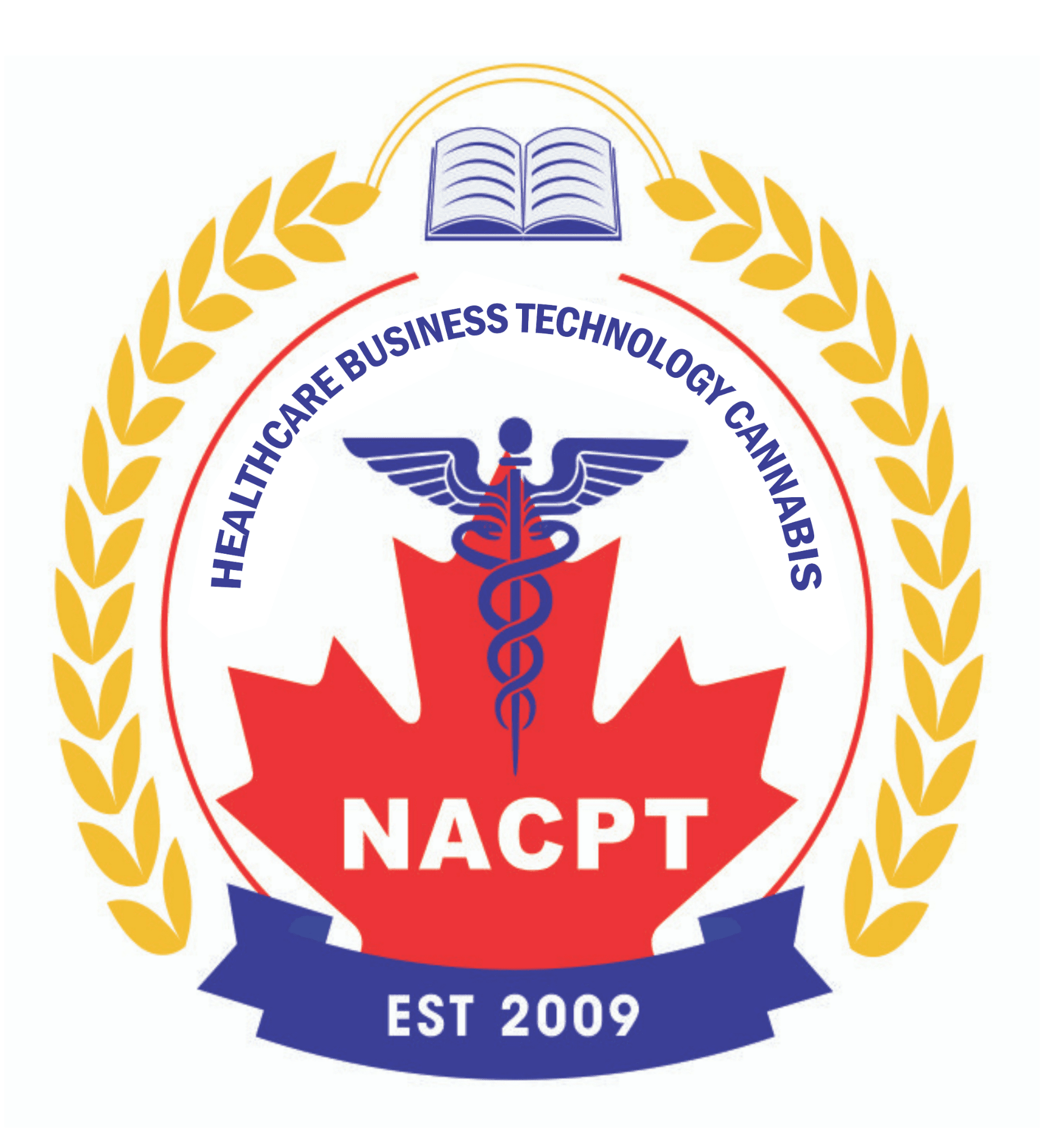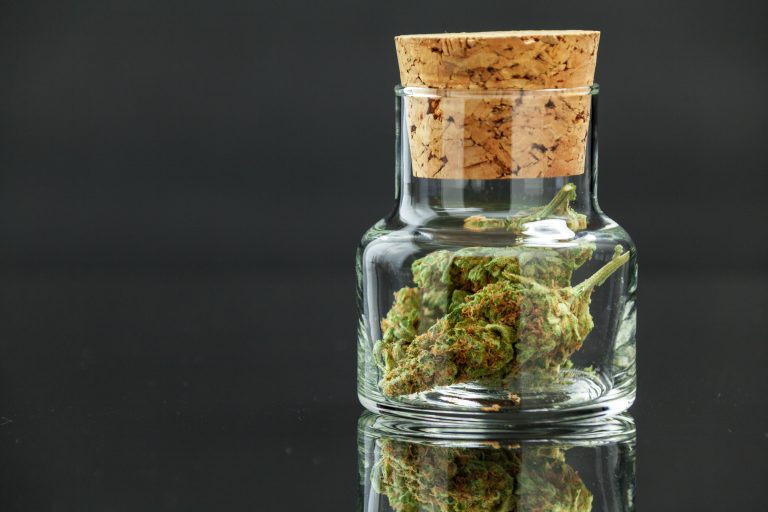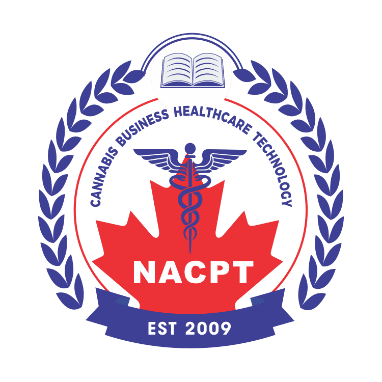Legalizing cannabis has driven the need for increased quality control and standardized methods throughout the production and testing processes. Like other medicine or consumable products, cannabis must also go through extensive testing to ensure the potency and safety of the products. It needs to be labelled with the proper specifications to provide the desired effects to consumers.
Why Must Companies Implement Quality Control in Cannabis Production?
The experience of using cannabis will be unique to each user and everyone’s endocannabinoid system will react differently to the products. This creates a challenge for companies as they cannot guarantee how each product will make an individual feel. However, companies do have control over the major EU-GMP (European Good Manufacturing Practices) elements such as potency, purity, safety, efficacy, and integrity of the products. This is what the practices of quality control are striving to achieve. Consumers want to be confident that the products they purchase are free of pesticides, residual solvents, toxins, foreign material, heavy metals, chemical and microbial contaminants and other impurities. Consumers also have specific needs and want certain specifications, so they need to know the levels of cannabinoids like THC and CBD and the terpene profiles present in their products.
This type of information is only achieved when the products are tested using verified methods. Testing results satisfy both producers and consumers, but unfortunately, testing laboratories are not always reliable. Right now, the cannabis industry is heavily reliant on third-party laboratories for testing. Even though we have GLP, GDP, GMP and related regulatory requirements in place, this is problematic because there are no universal standards and practices for how these laboratories must operate. You could send the same product to five different laboratories and receive five results with some sort of variations in the test results as per their certificate of analysis.
To help overcome this, it is imperative that companies demand quality control data come together with the certificate of analysis (COA). Giving access to all of the quality control data and not just a COA that states that tests were performed will help assure that the analytical results are precise. In other words, through an appropriate level of vendor audits, the cannabis licensed producers must have access to the third-party testing laboratories’ original test data, testing systems, system qualification reports such as IQ, OQ and PQ, validated testing procedures, calibration and maintenance reports, analysts and supportive documents for laboratory personnel qualifications, testing standards, chemicals, reagents, and storage.
Why We Need A Standardized Quality Control System?
One of the main dilemmas with cannabis quality is pesticides and the levels of contamination that are often present. As per the global mail research performed, “Of the nine samples The Globe tested, one-third of them would not pass the safety standards set out by Health Canada for the regulated cannabis industry. Three samples tested positive for bacteria in numbers that exceed federal standards, and one of those three tested positive for potentially harmful mold.” In 2016, the Ministry of Environment and Health in the Netherlands reported that over 90 percent of cannabis plants tested had pesticides. Hence, there is a demand to develop and implement proper quality control and analytical methods for testing cannabis products.
A proper quality control system will ensure that product quality is up to standard and continuously improved. Quality control procedures are intended to ensure that products adhere to specific quality criteria and requirements, ultimately leading to increased product consistency and satisfied customers. In an industry like cannabis, where many people use products for various reasons, these products must be produced and tested with control measures that ensure a high level of efficacy and safety. In terms of quality control, cannabis falls in the same category as pharmaceuticals; thus, cannabis should be tested to comply with strict rules and regulations regarding quality and safety.
How Canada Can Become A Forerunner in the Global Market?
The problem is that in many countries, there are no regulatory bodies to oversee these issues. Countries like Canada that have legalized the controlled sale of cannabis are recognizing the importance of implementing nationally agreed-upon quality control systems and are making efforts to do so. As legalization continues around the world, countries will be looking closely at Canada’s strategy for successful legalization and any mistakes made in the process. In the cannabis industry, a strong quality control program is the foundation for the success of any business and must be taken very seriously. Companies must push for universal transparency in the cannabis testing industry. This is vital to provide a consistent, tested product to consumers in a very competitive and exponentially growing marketplace.



